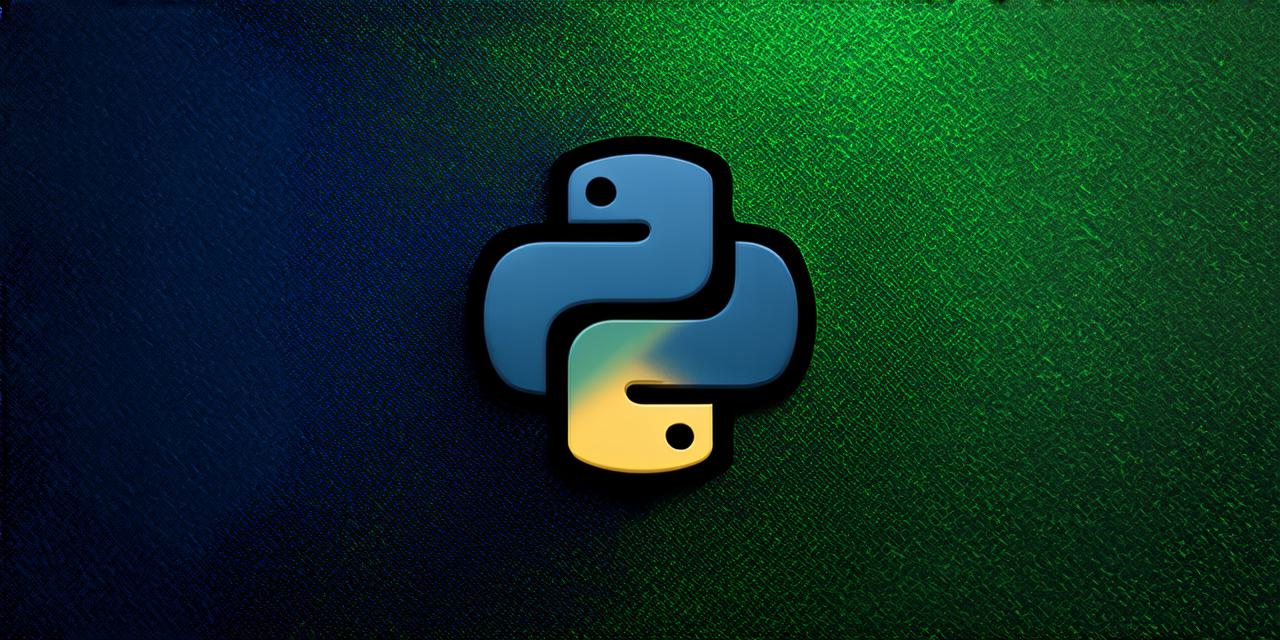Benefits of Using Python for Game Development

Python is a popular programming language that has gained significant attention in recent years due to its simplicity and versatility. While it’s commonly used for web development, data analysis, and machine learning, Python is also an excellent option for game development due to its ease of use, vast library of tools and modules, and ability to create cross-platform games.
1. Ease of Use
One of the main benefits of using Python for game development is its ease of use. Python is a high-level language that is designed to be easy to read and write, making it an ideal choice for beginners. It has a simple syntax that is easy to understand and requires minimal typing, which can save time and reduce the likelihood of errors.
Vast Library of Tools and Modules
Python has a vast library of tools and modules that are specifically designed for game development. These include Pygame, PyOpenGL, PyQt, and PySide, which provide developers with everything they need to create 2D, 3D, and cross-platform games.
Ability to Create Cross-Platform Games
Another benefit of using Python for game development is its ability to create cross-platform games that can run on multiple operating systems and devices. With the help of frameworks like Pygame and PyOpenGL, developers can create games that can run on Windows, macOS, Linux, Android, and iOS without having to write separate codebases for each platform.
Scalability and Flexibility
Python is also highly scalable and flexible, making it an excellent choice for large-scale games that require complex algorithms and data structures. With Python’s modular design and powerful libraries, developers can easily add new features and functionality to their games without having to rewrite large portions of code.
Tips for Getting Started with Game Development Using Python
1. Choose the Right Framework or Engine
When starting out with game development using Python, it’s important to choose the right framework or engine. Pygame is a popular choice for beginners as it provides a simple and easy-to-use API for creating 2D games. On the other hand, PyOpenGL and PyQt are more advanced frameworks that provide more flexibility and power for creating 3D and cross-platform games. Ultimately, the choice of framework or engine will depend on your specific needs and experience level.
2. Debug Your Code

Debugging is an essential part of game development, and it’s important to have a good understanding of how to debug your code in Python. One useful tool for debugging is the built-in Python debugger, pdb, which allows you to step through your code line by line and view the values of variables at different points in execution. Additionally, you can use third-party tools like PyCharm and Visual Studio Code, which provide advanced debugging features and a more user-friendly interface.
3. Optimize Your Performance
Optimizing your game’s performance is crucial for ensuring that it runs smoothly and provides a good user experience. There are several ways to optimize your performance in Python, including using profiling tools like cProfile to identify performance bottlenecks, optimizing your algorithms and data structures, and using multithreading or multiprocessing to take advantage of multiple CPU cores.
4. Learn the Basics of Game Development Concepts
Before diving into game development using Python, it’s important to have a solid understanding of the basic concepts involved in game development. This includes understanding game loops, input handling, graphics rendering, and physics simulation. There are many online resources available for learning these concepts, including tutorials, videos, and documentation.
Conclusion
Python is an excellent choice for game development due to its simplicity, readability, flexibility, and powerful libraries and modules. With its vast library of tools and modules, Python makes it possible to create games that can run on multiple platforms without having to write separate codebases for each platform. Additionally, Python’s modular design and scalability make it an excellent choice for large-scale games that require complex algorithms and data structures. By choosing the right framework or engine, debugging your code effectively, optimizing your performance, and learning the basics of game development concepts, you can create engaging and efficient games using Python.



